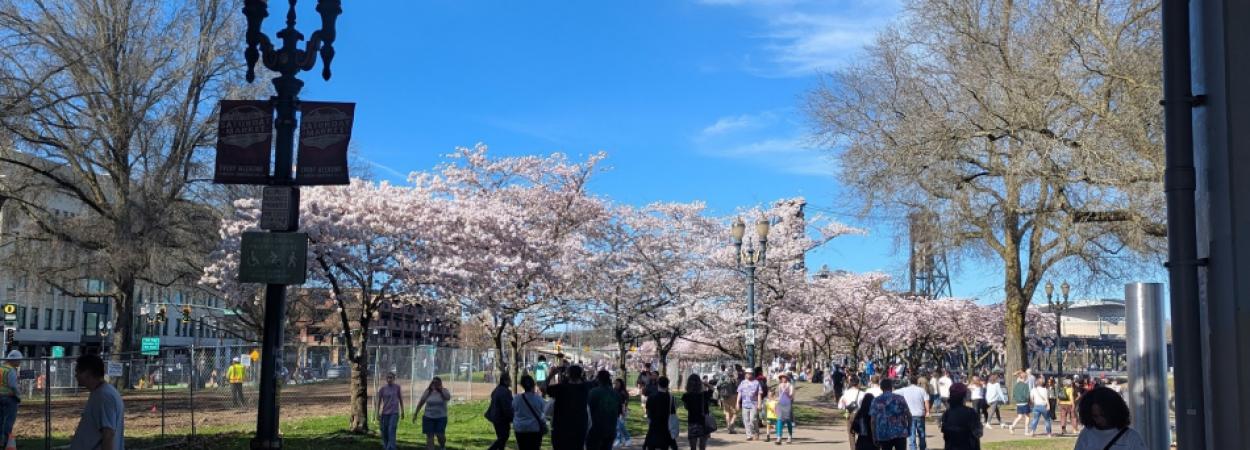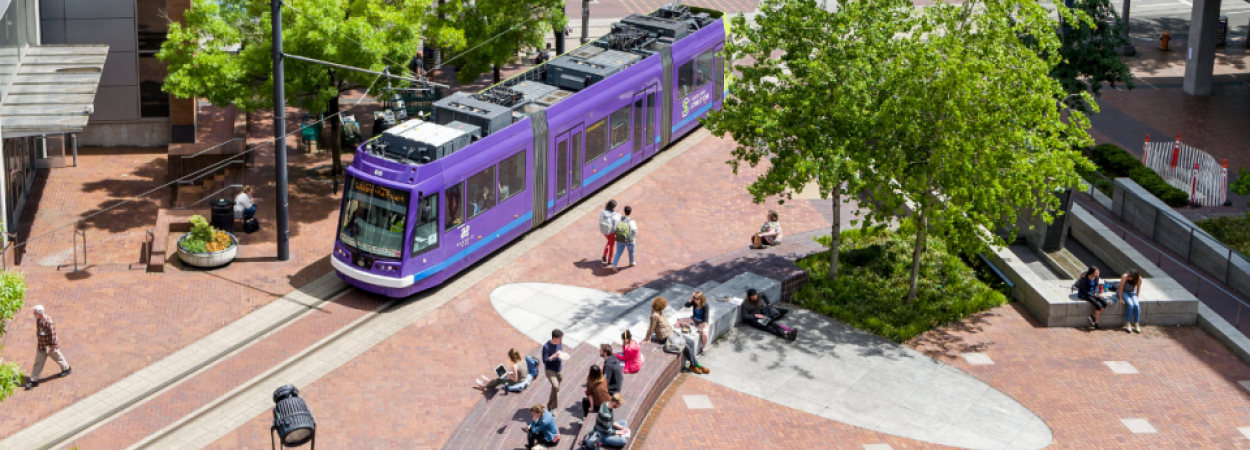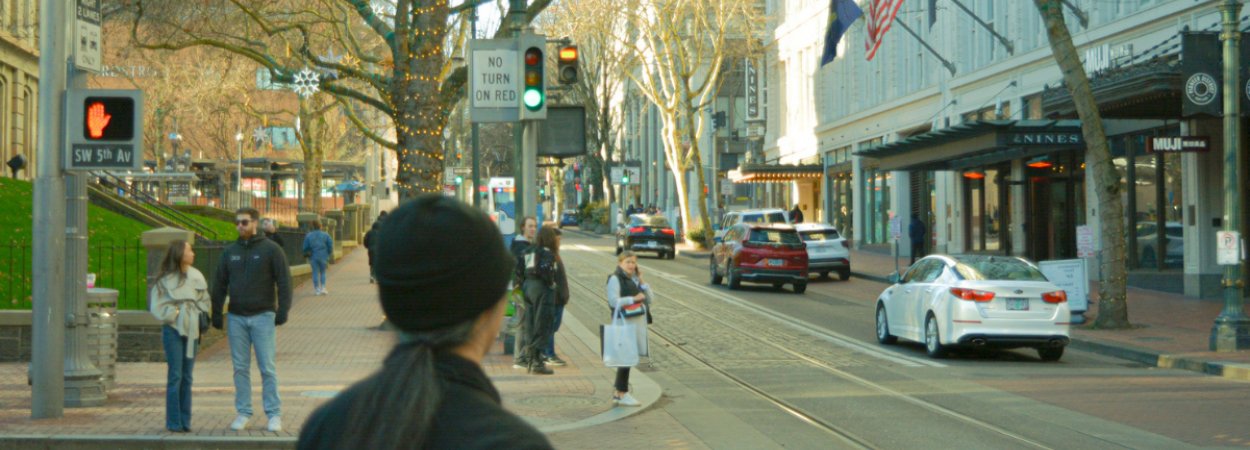 |  |  |
PORTAL is the Portland, OR - Vancouver, WA regional transportation data lake project with terabytes of vehicle, transit, bicycle and pedestrian data. Since its inception in 2003, and initial data collection in 2004, it has grown to include data from multiple state and regional agencies. A small team of Portland State University data scientists develop applications and tools based on input. Input is critical to prioritizing questions to answer using data from the traveling public. Priorities were determined through collaborative engagement with agency partners, practitioners, and researchers. Moving forward, our goal is to engage with community representatives and organizations.
The tentative role of the advisory committee is to advise and recommend enhancements to PORTAL. For example, are there data we should be collecting and making publicly available? Are there data that would help inform equitable implementation of tra…
Read More
The Pacific Northwest Transportation Consortium (PacTrans) is the Regional University Transportation Center (UTC) for Federal Region 10, housed at University of Washington (UW). Each year, PacTrans provides PSU with $150,000 to fund “small research projects.” Those projects must be selected using a competitive, peer-review process. The Year 3 Request For Proposals (RFP) is open now. PSU plans to award no more than three projects. Therefore, individual project requests should range from $30,000 to $70,000.
Abstracts are due May 6, with full proposals due June 3, 2025.
Download the RFP and other relevant documents, and find instructions for how to submit a proposal, on the PSU PacTrans page.
Portland State University's Transportation Research and Education Center (TREC) is a multidisciplinary hub for all th…
Read More
Every time a pedestrian pushes a button to cross the street, it creates a useful data point about how many people are walking through that intersection. Now, transportation planners and engineers in Oregon have easy access to that data: The newest feature we've added to BikePed Portal is a dashboard that lets you explore the Oregon Department of Transportation (ODOT)'s pedestrian push-button data from all over the state.
ODOT has shared this data with Portland State University (PSU) for use in BikePed Portal, so that users can see where and how people interact with pedestrian crossings at signalized intersections. The dashboard (watch a walkthrough here) is still being developed and is anticipated to eventually include data from more agencies in addition to ODOT.
Many, if not all, active transportation projects rely on pedestrian volumes to…
Read More
Spring term classes begin March 31 at Portland State, and there are a good selection of transportation courses available this term. As of March 20, there are still a couple of spots remaining in the Urban Studies Bicycle and Pedestrian Planning course, in which students will work on Better Block PSU community projects. Check out the listings below to see what else is on offer at PSU this Spring.
Not a current PSU student? You can still take a course: Anyone interested can register for classes through the non-degree application process, as a post-baccalaureate student, or for free if you're a senior citizen. Taking a course can be a good way to see if one of our …
Read More
Many states, including Oregon, are adopting the Safe System approach to improve traffic safety. One key element of this approach is safer speeds. To help make Oregon's road safer for everyone, Portland State University (PSU) is launching a new study, funded by the Oregon Department of Transportation (ODOT), to improve safety at intersections using traffic signals.
The project is led by Sirisha Kothuri of Portland State's civil and environmental engineering department, with Patrick Singleton of Utah State University.
It is generally accepted that automobile speeds play a key role in safety: The faster a car is traveling, the greater the risk of severe injury to vulnerable road users in a collision (especially people who are walking or bicycling). Most pedestrian crashes occur on higher-speed, multi-lane arterials.
To manage speed in the urban environment, one emerging str…
Read More